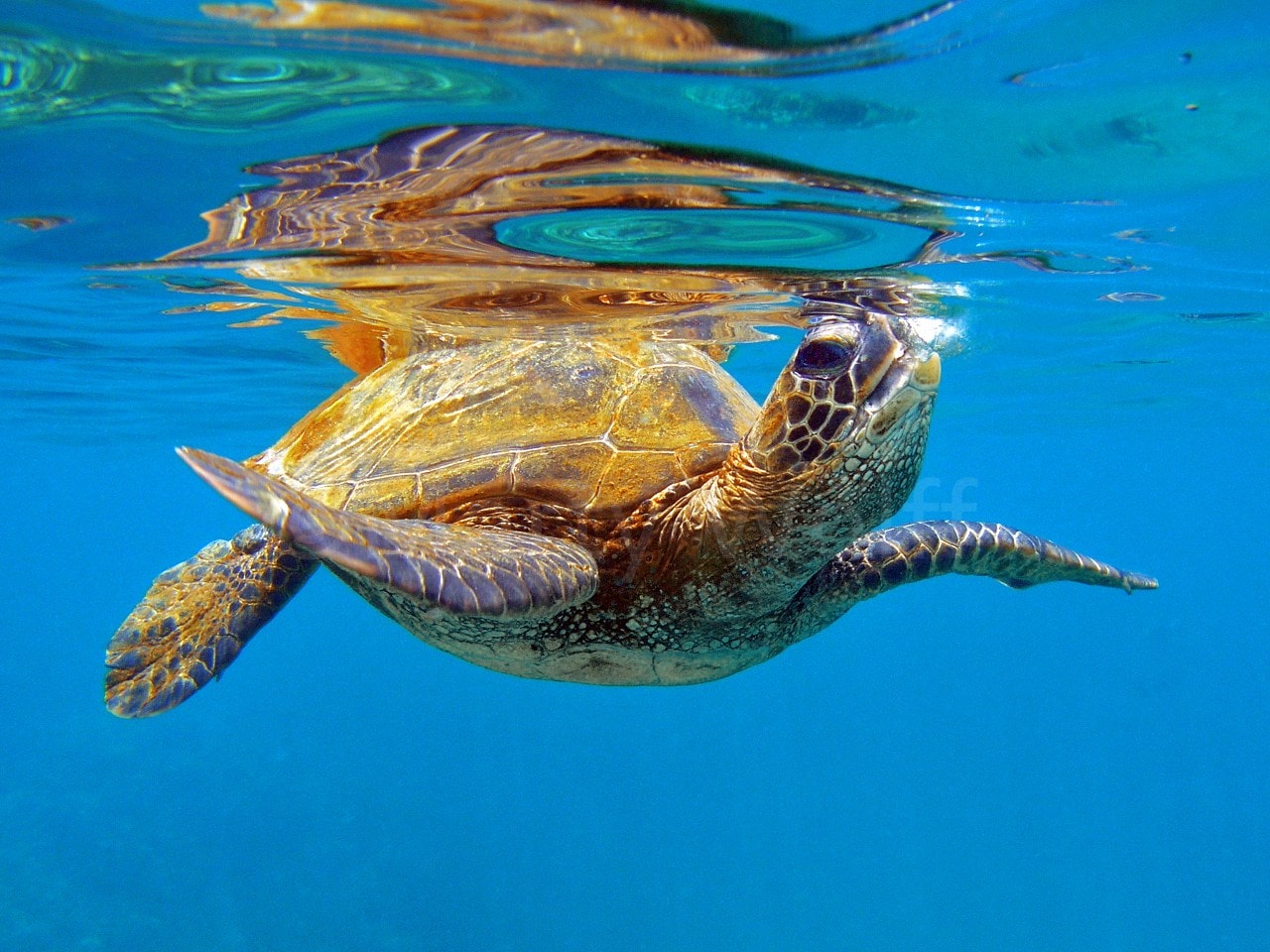

Pond water temperatures remain quite stable over the winter and an ectotherm sitting in that water will have a similarly stable body temperature. Water acts as a temperature buffer it has a high specific heat, which means it takes a lot of energy to change water temperature. This is why freshwater turtles hibernate in water, where their body temperatures remain relatively stable and will not go below freezing. With very few exceptions (e.g., box turtles), adult turtles cannot survive freezing temperatures they cannot survive having ice crystals in their bodies. When a turtle’s body temperature changes, it’s simply because the environment has become warmer or colder.īut even ectotherms have their limits.

(Patrick Moldowan), Author providedįor humans, a change in body temperature is generally a sign of illness, that something is wrong. Turtles will bask in the sun to warm up and ease their crampy muscles.

We could never pick up enough oxygen across our vascularized surfaces, other than our lungs, to supply the high demand of our metabolic furnaces. When it’s cold out, we pile on clothes to trap metabolic heat and stay warm. We are endotherms - expensive metabolic heat furnaces - that need to constantly fuel our bodies with food to generate body heat and maintain a constant temperature to stay alive and well. (The technical term is cloacal respiration.) Not frozen, just cold See, I wasn’t kidding, turtles really can breathe through their butts. Turtles have one area that is especially well vascularized - their butts. In this way, they can get enough oxygen to support their minimal needs without using their lungs. When turtles hibernate, they rely on stored energy and uptake oxygen from the pond water by moving it across body surfaces that are flush with blood vessels. The colder it gets, the slower its metabolism, which translates into lower energy and oxygen demands. So, how is it possible for them to survive in a frigid pond with a lid of ice that prevents them from coming up for air? The answer lies in the relationship between body temperature and metabolism.Ī cold turtle in cold water has a slow metabolism. If the pond water is 1℃, so is the turtle’s body.īut turtles have lungs and they breathe air. Cold weather slow downĪs an ectotherm - an animal that relies on an external source of heat - a turtle’s body temperature tracks that of its environment. But turtles can, which is just one of the many reasons that turtles are truly awesome.


 0 kommentar(er)
0 kommentar(er)
